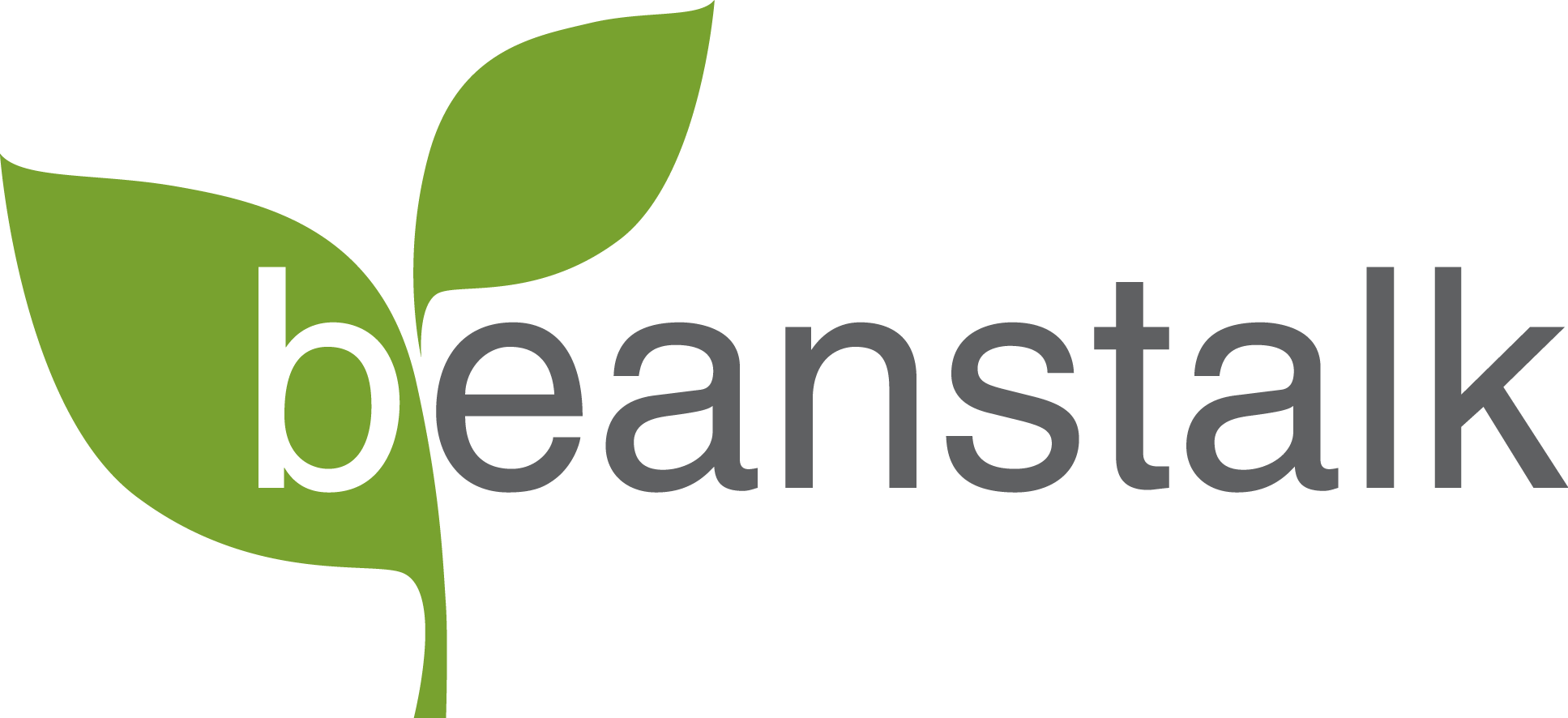The next step for the e-bike industry
August 8, 2016
By Lisa Reiner
Brand extension through licensing, a business model in which a third party manufacturer produces and distributes products on behalf of another brand, has long been flying under the radar for marketers. However, an increasing number of brand owners are recognising the financial as well as strategic benefits of expanding their offers through licensing, using the approach to generate new revenue streams, reach new audiences, and strengthen their brand’s position in the market. When done correctly, licensing is an effective tool in expanding a company’s offer, tapping into new opportunities and enabling fans of a brand to enjoy it in new ways and occasions. Overall, licensing as an industry is continuing to flourish with $251.7 billion of licensed merchandise sold globally in 2015; a healthy 4.2% increase from 2014 figures. The European region is responsible for nearly a fourth of this.[1]
Over the past 20 years the industry has grown to include an increasing number of corporate brands and trademarks into the world of licensing, offering companies the option to extend their properties away from the entertainment side of licensing. Although the industry is still led by the entertainment sector, the corporate and brands sector amassed over $52.8 billion in sales in 2015. Just take a look at the success Pennzoil has had in the industry and it’s clear that this is a force to be reckoned with; since 2008 the programme has made $47.8 million at retail.[2][3]
Hard goods giant DeWalt has seen great success in the licensing world in the form of their branded Safety Work Boot. Leading brand extension agent Beanstalk enabled the partnership between DeWalt and manufacturer WIP to produce the boot that has received over 300 five-star reviews. With sales more than doubling over the past 5 years, it remains a constant fixture on major construction sites and is a fantastic example of how licensing has enabled DeWalt to expand their brand share with construction professionals by providing market leading footwear.
For manufacturers, the licensing industry acts as a perfect platform to allow access to consumers who they otherwise may have been unable to reach. Automotive and electrical manufacturer Evantage Motors partnered with For over 60 years, POLARIS® Industries has been at the constant forefront of recreational vehicle production – From ATVs and Snowmobiles, to Motorcycles and Military vehicles. Now, combining world class power sports industry standards with the proprietary EVantage motor system, Model Year 2015 Polaris® eBikes are ready to ride.
Polaris, a recognized leader in the power sports industry with annual 2016 sales of $4.5 billion, to launch their first ebike back in 2011, with version 2.0 launched in 2015. This partnership has greatly helped the company's strategy in growing the electric vehicle market, showing there is definitely appetite for other ebike manufacturers to follow suit.
Of course it can’t all be plain sailing; the act of extending a brand requires an intricate understanding of market appetite and the limits of a brand, and this requirement has caused many licensing faux pas in recent times. Global beer company Heineken discovered its limitations after the launch of its own line of footwear didn’t translate, whilst Sonic the Hedgehog Air Freshener failed to come up smelling of roses.
It is very possible to build a healthy licensing extension strategy so long as there is a sound understanding of the brand’s architecture and positioning. After this has been plotted, perhaps the most crucial element to ensuring success lies in forming the ever-important partnership between licensor (the client) and licensee (the manufacturer). Both have much to gain in entering a licensing agreement but the process only works if correct ‘matchmaking’ has been carried out. The licensing agent acts as the matchmaker in the industry, pairing together clients and licensees who can work in tandem to produce excellent product. Beanstalk client Energizer has enjoyed many successful partnerships through this model, with global retail sales of their licensed products reaching $250 million annually.[4]
All things considered, the licensing industry is showing no signs of slowing down, with new and innovative ways to extend brand properties appearing every day. So long as there is good understanding of the brand and where it can go, along with excellent partnering through use of an agent, the possibilities are quite remarkable.
Lisa Reiner is the Managing Director, Europe & Asia Pacific, of Beanstalk, a global brand extension agency. To find out more, please visit: www.beanstalk.com.
Look out for brand extension agency Beanstalk at the Eurobike show from August 31st to September 4th 2016.
[2] Beanstalk
[4] Beanstalk
